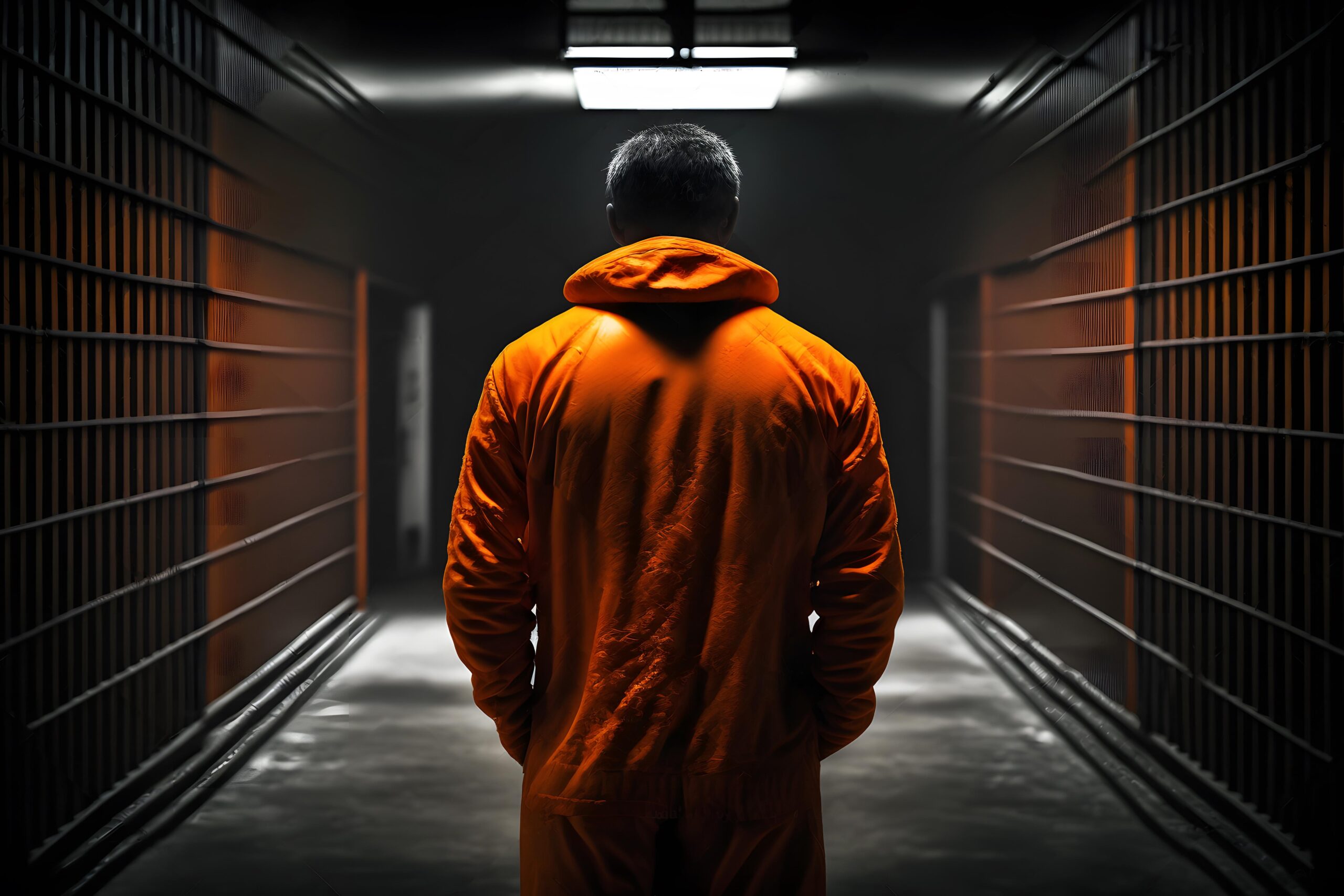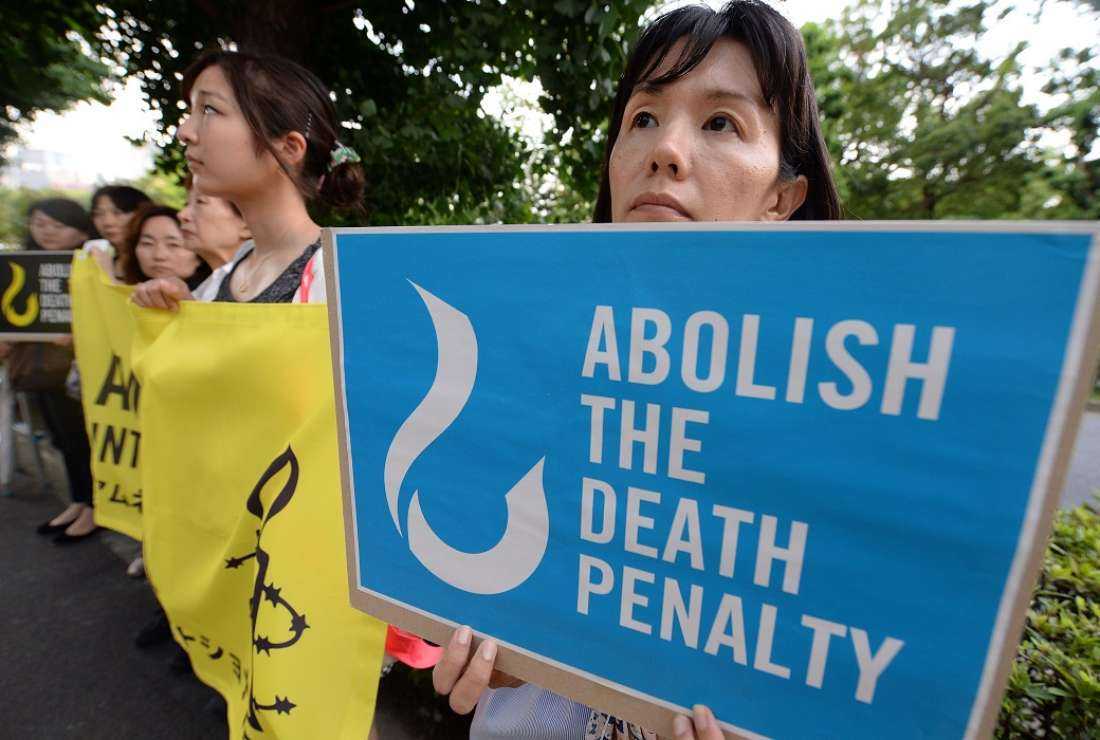Features
The Death penalty in Nigeria: What you need to know

The death penalty in Nigeria has long been a subject of heated debate. With arguments both for and against, the issue remains one of the most contentious in the country. As Nigeria continues to evolve, the question lingers: Is capital punishment a necessary tool for justice, or an outdated relic that violates human rights?
Legal Framework: The Backbone of Capital Punishment
In Nigeria, the death penalty is enshrined in the Constitution and various criminal laws, including the Criminal Code Act, Penal Code, and the Robbery and Firearms (Special Provisions) Act. Offenses such as murder, armed robbery, treason, and certain military crimes like mutiny can all result in a death sentence.
Read More:
Nigeria Customs seizes N1.687 billion worth of bulletproof jackets
Senator Ndume advocates death penalty for high-level corruption

Methods of Execution: A Grim Reality
Executions in Nigeria are carried out by hanging or firing squad. After a conviction and sentencing, the process moves through a series of appeals. If these appeals are exhausted and the sentence is upheld, the President or State Governor must sign a death warrant before the execution proceeds.
Current Status: A Decline in Executions, But Hundreds on Death Row
Nigeria has seen a significant decline in executions over the past decade. The last known execution occurred in December 2016, when three men convicted of armed robbery and murder were hanged in Benin Prison, Edo State. Prior to this, four prisoners were executed by hanging in Edo State in 2013, marking the first executions since 2006. Despite the decrease in executions, as of 2021, hundreds of inmates remain on death row, with many cases mired in the judicial system.

The Execution Process: A Lengthy Journey
- Sentencing: A court convicts and sentences the accused to death.
- Appeal: The convict can appeal the sentence, a process that can take several years.
- Clemency: If appeals fail, the convict may seek clemency from the Governor or President.
- Death Warrant: If clemency is denied, the President or Governor signs the death warrant.
- Execution: The method of execution (hanging or firing squad) is carried out by prison authorities.
The Debate: Justice or Human Rights Violation?
Proponents: Deterrence and Retribution

Supporters argue that the death penalty deters serious crimes like murder and armed robbery. They see it as a necessary retribution, providing justice for victims and their families.
Opponents: Human Rights and Judicial Errors
Critics, however, highlight the fundamental human rights violation, particularly the right to life. They also point to the risk of wrongful convictions and the ineffectiveness of the death penalty in deterring crime compared to life imprisonment. International human rights organizations and foreign governments have pressured Nigeria to abolish the death penalty.

Calls for Abolition: A Growing Movement
Human rights organizations, including Amnesty International and local NGOs, have consistently called for the abolition of the death penalty in Nigeria. The Nigerian National Human Rights Commission has recommended ending capital punishment, citing concerns over human rights and the fairness of the judicial process.
Recent Developments: A Nation at a Crossroads
Debates about the abolition or reform of the death penalty are ongoing. Some states have considered or implemented moratoriums on executions, but federal law still permits the death penalty. Advocacy efforts push for legal reforms, greater transparency, and adherence to international human rights standards.
The Future of the Death Penalty in Nigeria
The death penalty in Nigeria remains a polarizing issue. While it is still legally sanctioned and occasionally carried out, the frequency of executions has decreased. Significant pressure and advocacy for its abolition or reform continue to grow. The process of capital punishment in Nigeria is legally complex, involving multiple stages from sentencing to execution. However, concerns about human rights and judicial fairness persist, leaving the nation at a critical juncture.









